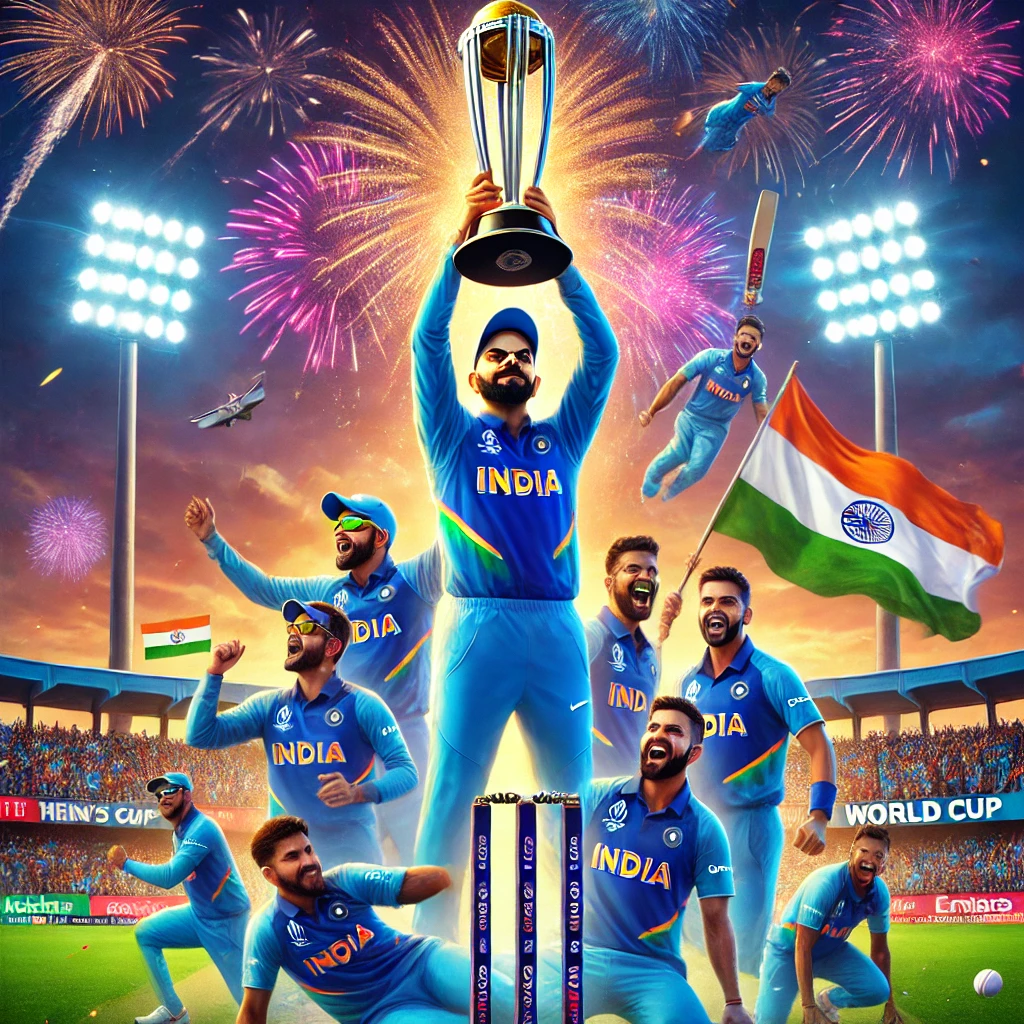Introduction:
The International Cricket Council (ICC) stands as the apex governing body for the sport of cricket, overseeing its development, administration, and regulation on the international stage. Since its inception, the ICC has played a pivotal role in shaping the landscape of cricket, fostering its growth into a truly global phenomenon. In this exploration, we delve into the rich history of the ICC, tracing its evolution and the rules it enforces to ensure fair play and integrity in the game.
Founding and Early Years:
The roots of the ICC can be traced back to the late 19th century when cricket was gaining popularity as a global sport. In 1909, representatives from England, Australia, and South Africa convened in London to form the Imperial Cricket Conference (ICC), laying the foundation for international cricket governance.
Initially, the ICC’s mandate was limited to coordinating tours and matches between its member nations, which were predominantly former British colonies. Over the decades, however, the ICC expanded its membership and authority, embracing nations from diverse cricketing cultures and regions.
Expansion and Globalization:
The latter half of the 20th century witnessed a significant expansion of the ICC, with the inclusion of new member nations from Asia, Africa, and the Caribbean. This period saw the emergence of cricketing powerhouses such as India, Pakistan, and the West Indies, whose success on the field elevated cricket to new heights of popularity and prestige.
In 1989, the ICC underwent a transformation, becoming an independent organization with greater autonomy and authority over the administration of international cricket. This move paved the way for increased investment in infrastructure, grassroots development, and the promotion of the sport in non-traditional cricketing nations.
Modern Era and Governance:
Today, the ICC comprises 12 full member nations and numerous associate and affiliate members, representing a diverse spectrum of cricketing talent and passion. The ICC’s governance structure includes a board of directors, comprising representatives from member nations, responsible for strategic decision-making and policy formulation.
Key to the ICC’s mandate is the enforcement of rules and regulations governing the conduct of players, teams, and officials in international cricket. These rules, codified in the ICC Playing Conditions and the ICC Code of Conduct, encompass various aspects of the game, including player behavior, equipment standards, and match officiating.
ICC Rules and Regulations:
- Laws of Cricket: The ICC adheres to the Laws of Cricket, established by the Marylebone Cricket Club (MCC), which govern the conduct of the game at all levels. These laws cover fundamental aspects such as scoring, dismissals, equipment, and fielding positions, ensuring uniformity and consistency in cricket worldwide.
- Code of Conduct: The ICC’s Code of Conduct sets forth standards of behavior and ethics for players, team officials, and umpires participating in international cricket. It outlines disciplinary measures and penalties for various offenses, including misconduct, dissent, and breaches of cricketing etiquette.
- Playing Conditions: The ICC Playing Conditions specify the rules and regulations governing specific formats of cricket, including Test matches, One-Day Internationals (ODIs), and Twenty20 Internationals (T20Is). These conditions cover aspects such as fielding restrictions, over limits, and powerplays, ensuring fairness and competitiveness in international contests.
- Decision Review System (DRS): The ICC introduced the Decision Review System (DRS) to assist umpires in making accurate decisions during matches. The DRS allows teams to challenge on-field decisions through technology, including ball-tracking and infrared imaging, to review contentious dismissals and boundary calls.
Conclusion:
The International Cricket Council (ICC) stands as a beacon of excellence and stewardship in the world of cricket, fostering the growth, development, and integrity of the sport on a global scale. From its humble beginnings as a conference of cricketing nations to its present-day role as a leading sports organization, the ICC’s journey is a testament to the enduring appeal and significance of cricket as a cultural and sporting phenomenon.
As the ICC continues to evolve and adapt to the changing dynamics of the modern game, its commitment to upholding the spirit of cricket and ensuring fair play remains unwavering. Through its rules, regulations, and governance structures, the ICC endeavors to preserve cricket’s rich heritage while embracing innovation and inclusivity, ensuring that the game thrives and flourishes for generations to come.






